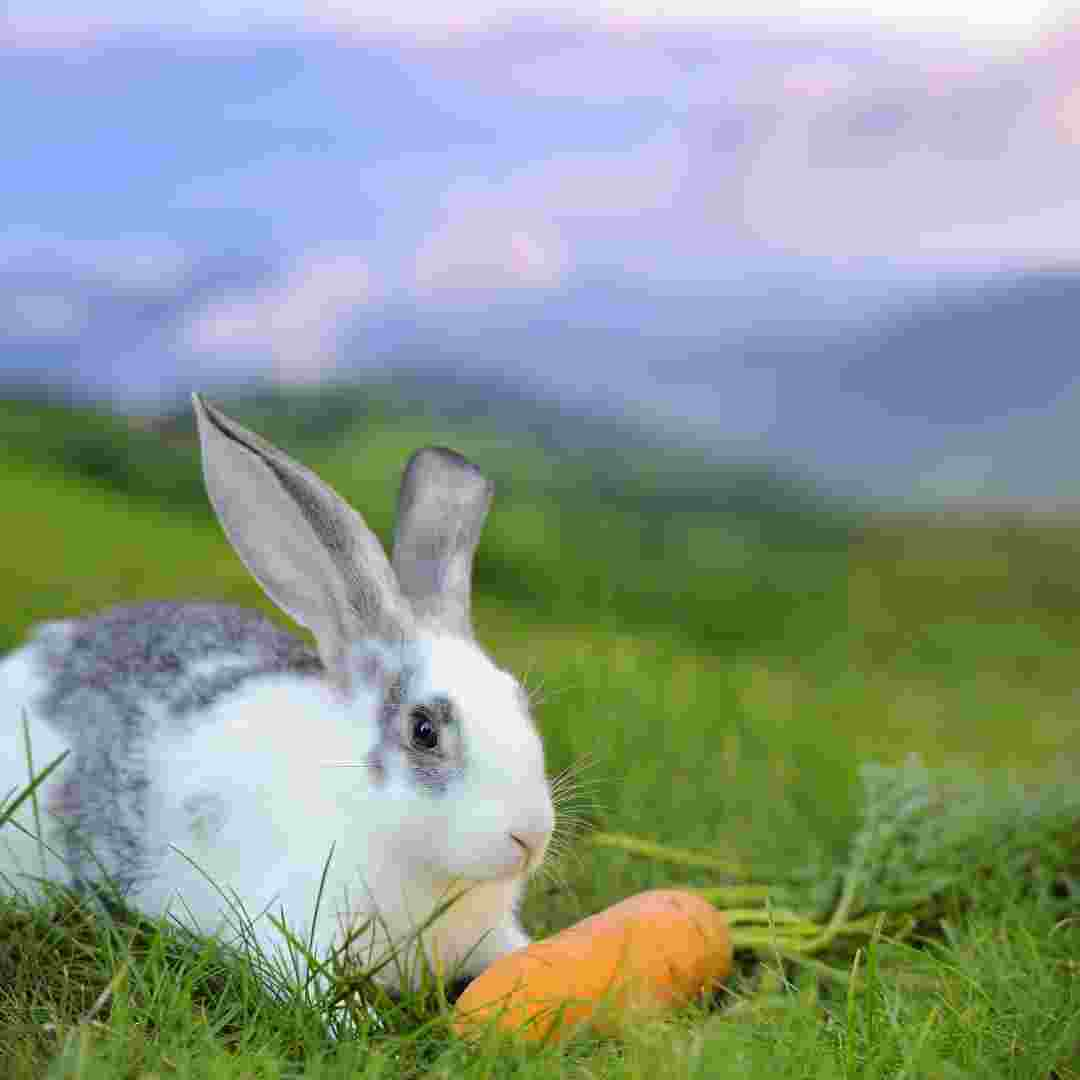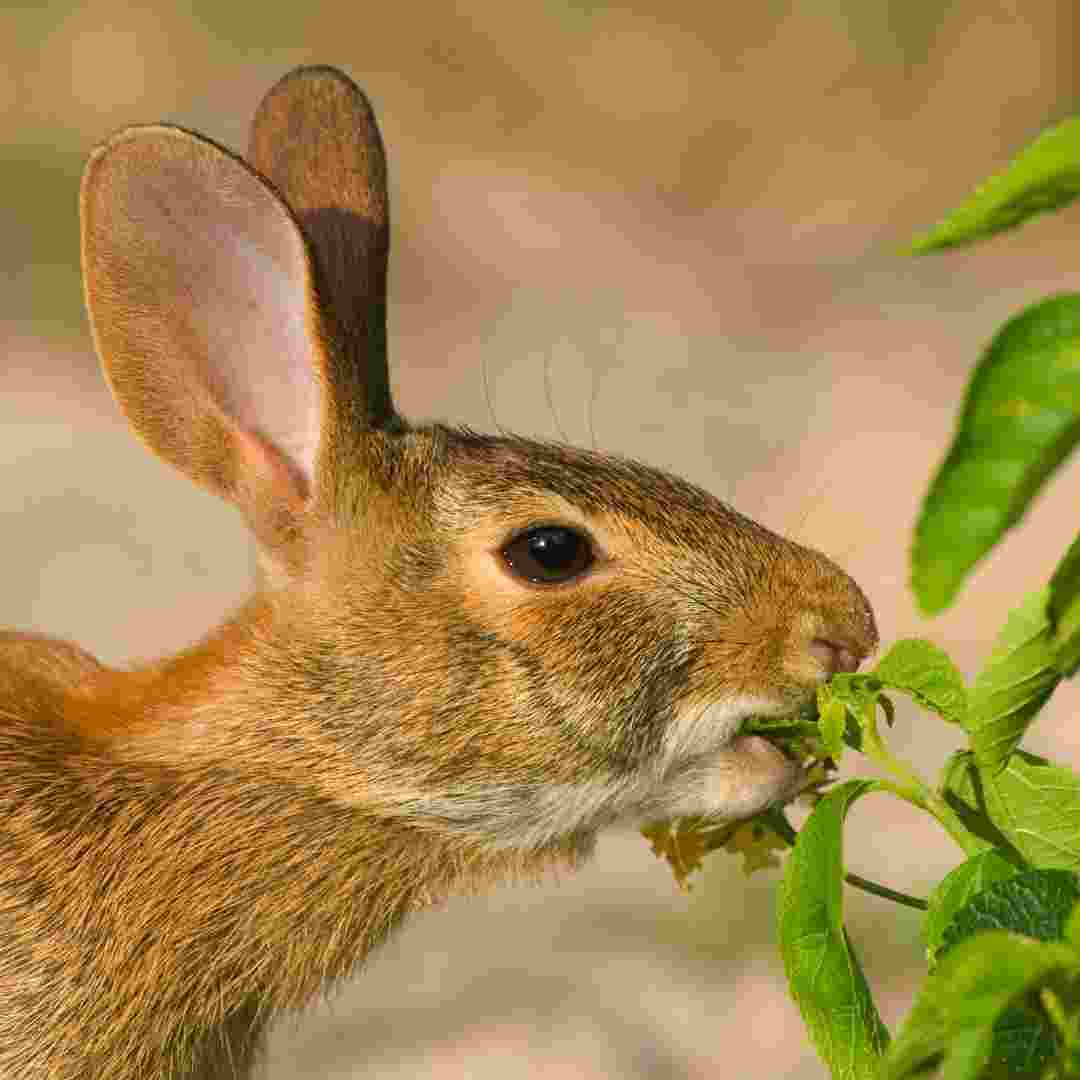Contents Table
Introduction
Understanding Rabbit Biting Causes
Stop Rabbit Biting: Prevention Tips
Effects of Rabbit Biting on Human-Animal Relations
The Genetics of Rabbit Biting
Positive Reinforcement Training Reduces Rabbit Biting
Q&A
Conclusion
Introduction
While usually calm, rabbits can bite when frightened or scared. Understanding why rabbits bite and how to stop it is crucial. Rabbits bite for fear, protection, or dominance. When in distress or seeking to grab your attention, they may bite. Knowing why rabbits bite and how to prevent it will help you keep your pet safe and happy.
Understanding Rabbit Biting Causes
Pet bunnies often bite, which frustrates owners. Understanding that rabbits bite naturally and why is crucial. Owners can stop rabbit biting by recognising its reasons.
Fear causes most rabbit bites. As prey animals, rabbits are inherently wary of new individuals and settings. When frightened or threatened, rabbits may bite to defend themselves. To prevent fear-based biting, rabbit owners should make them feel safe. This includes creating a safe, comfortable setting, avoiding loud noises and motions, and carefully introducing new people and animals.
Territoriality also causes rabbit biting. Rabbits are territorial and may bite if they feel invaded. Owners should give rabbits lots of room to reduce territorial biting. Provide a big cage or enclosure, toys, and hiding spaces.
Finally, bored or frustrated rabbits may bite. Without adequate stimulus, a rabbit may become bored or frustrated and bite. To prevent boredom- or frustration-related biting, rabbit owners should provide plenty of toys and hobbies.
Owners can stop rabbit biting by recognising its reasons. Owners may provide a safe and secure environment for their rabbits, ensuring a long and happy life.
Stop Rabbit Biting: Prevention Tips
Pet owners face frustration with rabbit biting. Fortunately, rabbit bite can be prevented in numerous ways.
We must first understand why rabbits bite. Rabbits bite when scared, aggressive, or bored. A threatened rabbit may bite to defend itself. Unsocialized rabbits may bite. Rabbits may bite out of curiosity or boredom.
To prevent biting, give your rabbit lots of enrichment. This includes toys, hiding food about the cage, and plenty of area to explore. You must also manage your bunny properly. When taking up your rabbit, hold its hindquarters and avoid rapid movements.
Socialise your bunny too. Introduce it to new people and animals in a controlled atmosphere. This makes your rabbit more comfortable with new people and animals and less prone to bite out of fear or aggressiveness.
Finally, your rabbit needs a routine. This makes your rabbit feel safe and reduces boredom-related biting.
Follow these ways to keep your rabbit from biting. Your rabbit can be a happy, well-behaved companion with patience and persistence.
Effects of Rabbit Biting on Human-Animal Relations
The relationship between humans and animals is complex, thus it's crucial to understand the effects of unfavourable encounters. Rabbit biting is prevalent and can strain human-animal connections.
Rabbits are timid and may bite in fright or defence. Biting might indicate tension or discomfort, therefore it's crucial to determine the source. A mishandled rabbit may bite more and grow hostile. Rabbits may bite if not given enough space or stimulation.
Biting can harm human-animal connections. Rabbit bites can hurt and upset. Rabbit phobia can make it hard to interact with them. Rabbit bites can also damage owner-pet trust. This makes it hard for the owner to bond with the rabbit and can ruin the relationship.
Preventing rabbit bites is crucial. This includes giving the rabbit a safe, pleasant habitat, proper handling, and enough excitement. If a rabbit bites, find out why and fix it. This can prevent biting and improve rabbit-owner relations.
Finally, rabbit biting can affect human-animal connections. Biting should be prevented and treated at its source. Thus, humans and animals can have a good relationship.
The Genetics of Rabbit Biting
Rabbit biting is influenced by genetics. Rabbits are cautious by nature and genetics. Genetically predisposed rabbits bite more, according to research.
One of the biggest genetic factors affecting biting is the “aggression gene”. This gene produces vasopressin, an aggressive hormone. This gene makes rabbits more aggressive, including biting.
The “fear gene” is also essential. This gene produces fear and anxiety-related corticotropin-releasing hormone. This gene makes rabbits scared and anxious, making them more prone to bite when threatened.
These two genes are not the only genetic factors that affect biting. Certain rabbit coat colours bite more than others. White rabbits bite more than black rabbits, while grey rabbits bite more than brown rabbits.
Finally, certain bunny temperaments bite more than others. Active, interested rabbits bite more than shy ones.
Genetics strongly influence rabbit biting. Understanding genetic characteristics can help predict and manage rabbit biting.
Positive Reinforcement Training Reduces Rabbit Biting
Rabbit biting can be reduced humanely using positive reinforcement training. This training assumes that animals, including rabbits, repeat rewarded behaviours. Rabbits can quit biting and learn better behaviours by being rewarded.
Positive reinforcement training follows operant conditioning, which posits that animals learn by experiencing consequences. Rewarding a behaviour makes the animal repeat it. Animals are less prone to repeat unrewarded behaviours. Positive reinforcement training promotes good behaviour and discourages bad behaviour.
Effective and humane positive reinforcement training reduces rabbit biting. Rewarding rabbits for not biting will reduce their likelihood of doing so. Reward options include cookies, praise, stroking, and fun. Rewarding the rabbit soon after the desired behaviour helps it associate the reward with the behaviour.
Rabbits should be rewarded for good behaviour and not punished for bad behaviour. Punishment can make rabbits afraid or aggressive. Instead, shift the rabbit's attention to a better behaviour.
Positive reinforcement to minimise rabbit biting is effective and compassionate. Rabbits can quit biting and learn better behaviours by rewarding good behaviour and avoiding punishment.

Q&A
1. Rabbits bite why?
Rabbits bite for fear, territoriality, and hostility. People may bite out of curiosity or to express a need. Rabbits may bite for fun.
2. What to do if my rabbit bites?
Stay calm and don't retaliate if your bunny bites. Avoid the situation and give your rabbit room. If the biting continues, a vet or animal behaviourist may be needed.
3. How can I stop my rabbit biting?
A safe and secure environment is the greatest approach to keep your rabbit from biting. Give them space to explore and lots of things to play with. Also, handle your rabbit gently and avoid startling them with rapid movements or loud noises.
4. Are there signs my rabbit may bite?
Several symptoms indicate your rabbit may bite. Flattening ears, beating feet, growling, and lunging are examples. Please leave your rabbit alone if you detect any of these behaviours.
5. Are rabbit bites normal?
Yes, bunnies bite sometimes. However, knowing why your rabbit is biting and taking preventative measures is crucial. If the biting continues, a vet or animal behaviourist may be needed.
Conclusion
Rabbits bite for fear, territoriality, and hostility. Understanding why rabbits bite helps prevent future bites. Owners can prevent rabbit biting by providing a safe and secure environment, understanding rabbit behaviour, and offering appropriate toys and activities.
